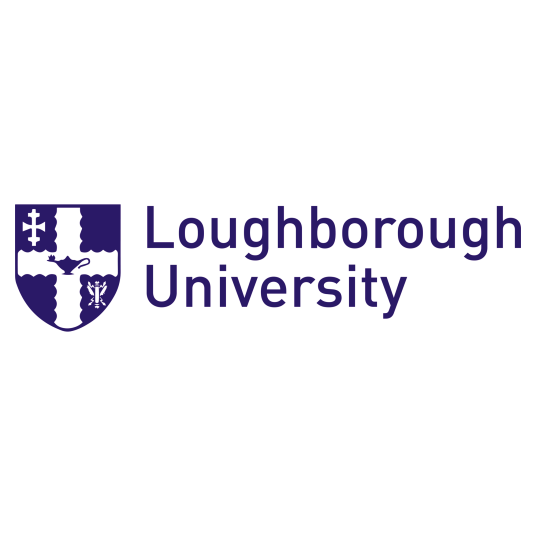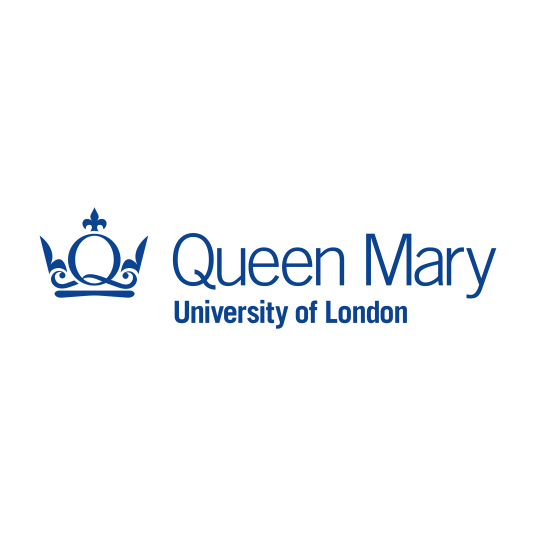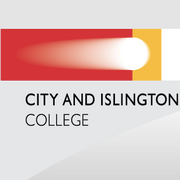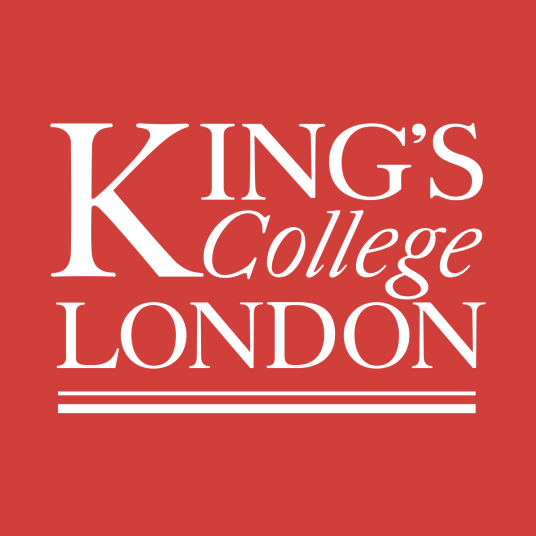Why study in the UK?

01. A world-class education system
- 04/06 global universities are in the UK
- #02 university-industry collaboration
- World-leading education
- A wide range of notable scholars: Albert Einstein, Stephen Hawking, Ly Quang Dieu...

02. Value for money
- Short study program, finish in one year
- One ‘gap-year’ of working before the final semesteri
- Allow to stay and work up to 2 years with no strict requirements
- Work up to 20 hours a week during term-time
- Secure an Internship salary program as part of your courses

03. Experience & Explore
- A mixture of tradition and modernity with many historical sites and cultural heritages
- Connected to the rest of Europe, easy travelling on the underground (to France, Paris, etc.) without costing too much time and money
- Modern public transport with many discounts for international students
Fees
Standard of living in the UK is 9 – 15 times more expansive than that in Vietnam, depending on where you live. A decent standard of living in London costs £9,600 – £12,000 / year (around 10,000 – 13,300 US dollar). Living in medium-sized or small towns would cost £7000 – £9000/ year (around 7800 – 9900 US dollar).
However, living in big cities could bring you many job opportunities with higher income compared to living in small towns. You can pay your living expenses by doing part-time jobs.
1. Cost of living
There are three types of expenses when studying in the UK: fix expenses, food and transportation
- Fixed expenses: 630 – 753 US dollars (accommodation, phone bills, laundry services…). Moreover, students who first travel to the UK must pay for travel insurance, medical health insurance, flight tickets…, which costs 2000 – 2500 US dollar.
- Food: it could be very expensive if you eat at a restaurant (minimum $13 / meal). However, it would only cost you $250 - $335 / month if you bought food at the market, hunted for sales and cooked meals at home. Prices of chicken and dairy products (milk, eggs, butter) are pretty the same in Vietnam, somes are even lower.
- Transportation: travelling by taxis is very expensive. Therefore, international students often choose trains or buses, even walking for travelling. International students can get 30% off for travel cards, bus or tram passes. Transportation fee around the centre area is often around $20 – $40 / month.
2. Tuition fee
For international students, the average tuition fee is around khoảng £8000 – £28,000 / year (around $8800 – $31,000). The tuiton fee at top univerisities or for Medical, Law, MBA courses could be up tp £30,000 – £50,000 / year (around $33,000 - $55,000 / year).
Fortunately, various scholarships up to 100% of the tuition fee will be awarded for those who demonstrate excellent academic performance (current or previous gained) and any relevant extra curricular experience.
Details on the average tuition fee to study in the UK (scholarships and financial aids are not included).
What to prepare to study in the UK?
1. Entry requirements
Students must have a minimum 2.0 GPA (equivalents to 6.5 on a 10 point scale). You should spend time improving grades of relevant study subjects. High school students should take a foundation course for additional English language and academic preparation for entry onto a UK university undergraduate course.
If you want to get a scholarship to reduce the tuition fee, you will need strategies to improve GPA, IELTS band score and get certificates of relevant curricular experience. An impressive and diversified profile are important factors to earn a high scholarship.
2. IELTS score
The IELTS score requirements would be different for each course. Many universities even do not require IELTS certificates with a replacement by an English placement test. However, you should practice your listening and speaking skills in order to study and live in the UK. Students often find standard English in the UK challenging to understand, which takes time to familiarise themselves with the variety of accents.
Study in the UK will bring you the opportunity to communicate with students and lecturers from other countries, such as India, Thailand, China, etc. Therefore, make sure you practice your listening and speaking skills to avoid language barriers when you come to the UK!
Please find the IELTS score requirements for each degree level below. Students studying Economics or Financial courses are required to have a higher band score from 1 - 1.5.
| IELTS score | Degree level |
|---|---|
| 5.5 | Foundation |
| 6.0 | Balchelor’s, Post-graduate diplomas |
| 6.5 | Master’s |
3. Financial requirements
To apply for a visa to come to the UK, you must prove financial requirements regarding: tuition fees, cost of living, flight tickets, etc… of the whole study program.
Families should have Passbook savings account that stores money equivalent to first-year fees. A Passbook savings account should have around $11,700 - $12500 for the cost of living with the addition of tuition fees.
Which field should you choose?
Each country has its own strengths in course training. Please find the following four popular field to study in the UK:
1. Medical
The UK has many talented students who have graduated from Medical schools with many world-leading research that has been awarded a Nobel prize. Moreover, many medical centers and modern research centers are located here.
Graduates from Medical schools can work as doctors, lecturers or researchers with an average income of 25,000 - 80,000 (around $27,600 - $88,500). The salary is reported to be twice as high as the average amount earned by a UK citizen.
2. Law
The UK common law system is emulated by many different countries and its court system is respected around the world. Many countries have legal system that originated in English common law. Therefore, UK law degree can provide students with an exceptional range of career options.
UK law students can start their legal journey by working as attorneys, barristers, prosecutors with a starting salary range from £30.000 to £60.000 / year (around $33,000 - $66,000).
3. Economics - Finance
The UK is one of the most important financial centre in Europe, making it as a the very best economics teaching.
A powerful partnership of business, schools and colleges is succeeding in making a difference to the lives of UK students after graduation. This field consists of many high-paying in-demand jobs.
A standard salary range for this field is £28.000 – £40.000 / year ($31,000 - $44,000).
4. IT (Information & Technology)
Information technology (IT) jobs are in high demand due to the ever-evolving and rapidly growing world of technology. Governments of many countries are implementing policies to attract the best talent, especially in areas related to Cloud Development, Artificial Intelligence (AI), Robotics Engineering, etc.
A starting salary range for this field is £18.000 - £27.000 / year (around $20,000 - $30,000).



 US Study Abroad
US Study Abroad UK Study Abroad
UK Study Abroad Australia Study Abroad
Australia Study Abroad Canada Study Abroad
Canada Study Abroad


























